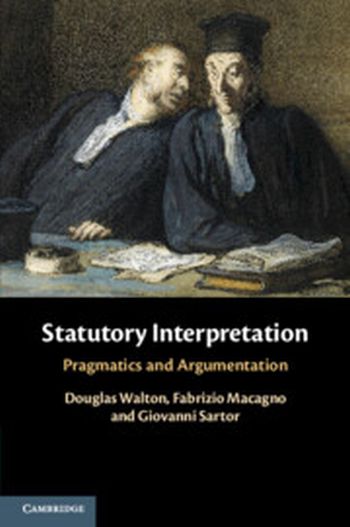
Statutory interpretation involves the reconstruction of the meaning of a legal statement when it cannot be considered as accepted or granted. This phenomenon needs to be considered not only from the legal and linguistic perspective, but also from the argumentative one - which focuses on the strategies for defending a controversial or doubtful viewpoint. This book draws upon linguistics, legal theory, computing, and dialectics to present an argumentation-based approach to statutory interpretation. By translating and summarizing the existing legal interpretative canons into eleven patterns of natural arguments - called argumentation schemes - the authors offer a system of argumentation strategies for developing, defending, assessing, and attacking an interpretation. Illustrated through major cases from both common and civil law, this methodology is summarized in diagrams and maps for application to computer sciences. These visuals help make the structures, strategies, and vulnerabilities of legal reasoning accessible to both legal professionals and laypeople.